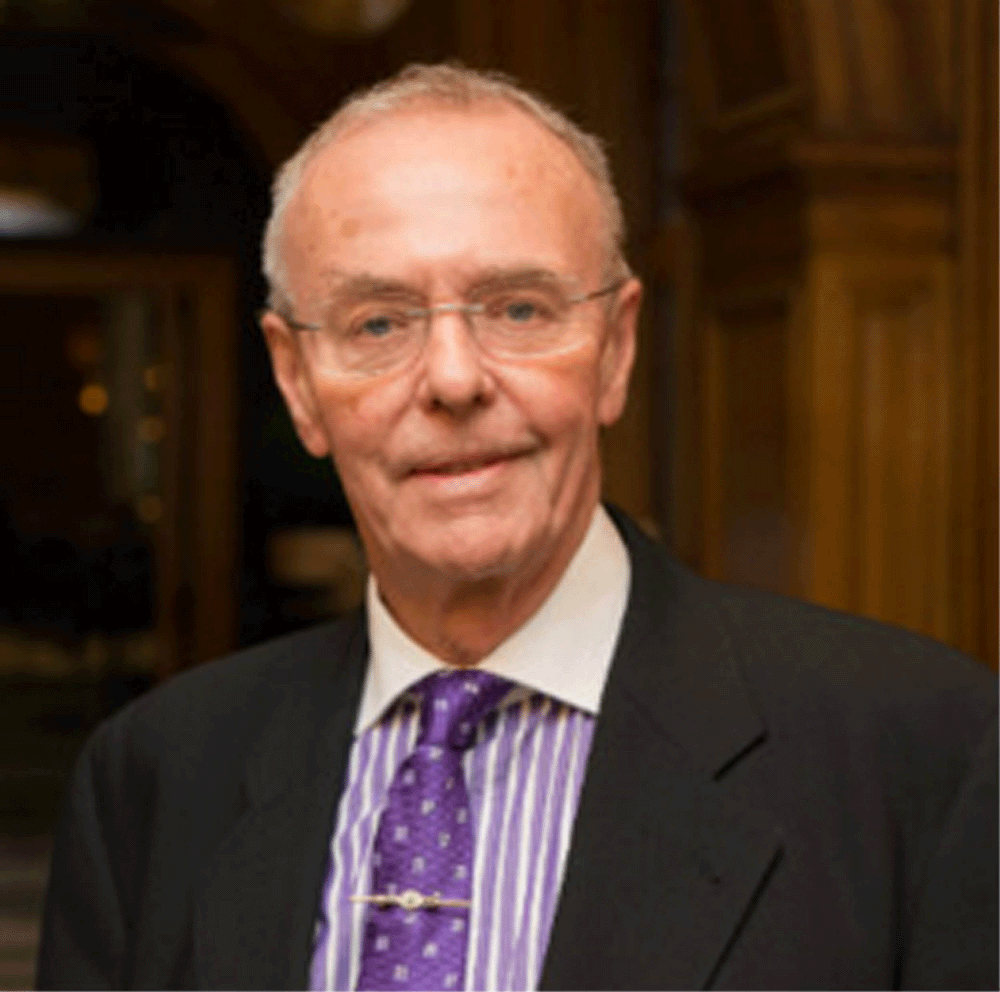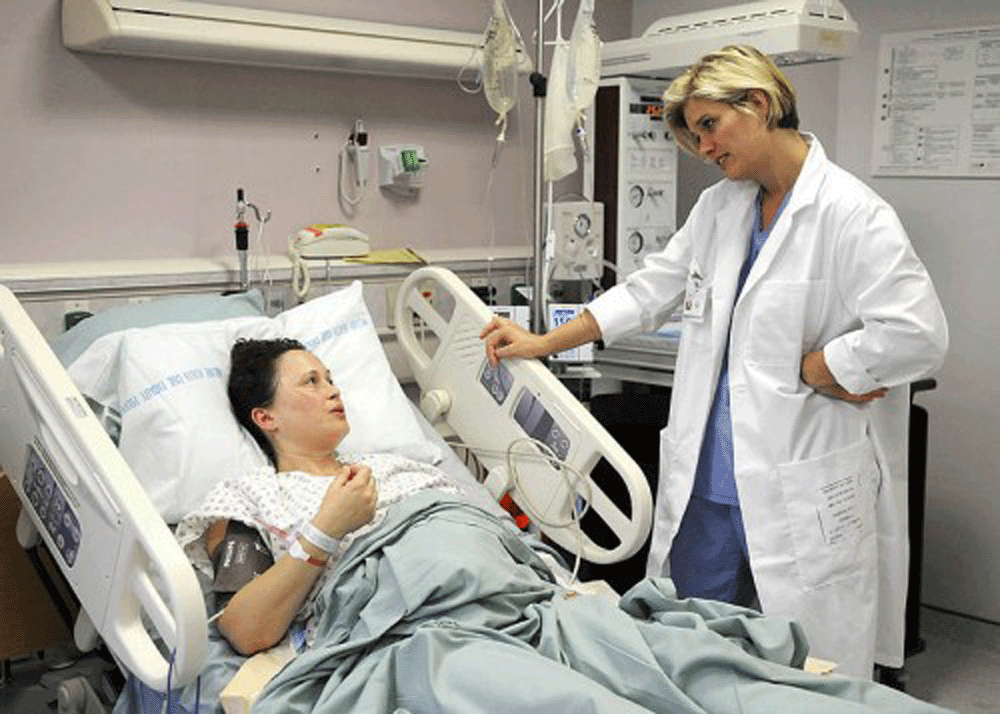DOCTORS should harvest organs from dead patients regardless of their families wishes – according to a top academic.
At present organ donations in Scotland can only proceed with the permission of the family, whether the person is on the donor register or not.
In practice this means an individual can consent to donating their organs after their death but the procedure will be cancelled if their family object.
But Hugh McLachlan – professor of philosophy at Glasgow Caledonian University – has claimed that families should not be involved in the process of deciding whether to donate organs at all.
Speaking today the academic, who specialises in medical ethics, said: “It seems to me that if consent is important – and I think it is important – then it should be explicitly given by the person concerned.
“I think I would use the analogy of a will here – and if we take the person’s consent seriously then it’s just too bad if the family doesn’t like it.

“Just like if someone left a dining room table to one relative, and a lot of money to another. It would seems strange for a lawyer to change that if the family doesn’t like it. If the family doesn’t like it, well tough.”
Prof McLachlan was discussing a controversial set of claims outlined in an article he penned for academic website The Conversation.
The article is titled: “If you want more organs for transplant stop asking the family’s opinion.”
In it he writes: “Imagine a situation where a deceased woman has consented to the use of her organs and tissues. Suppose several people could live if those wishes were fulfilled.
“Suppose many relatives of these people would be devastated were their loved ones to die. Suppose one of the woman’s relatives expresses his strong revulsion against the use of her body for medical purposes.
“There are no obvious grounds in ethics, common sense or even the law for allowing this particular relative to effectively exercise a veto.
“Why, for instance, should his feelings prevail over the feelings of the relatives of the potential recipients of the organs? Why should they prevail over the feelings of the potential recipients themselves?
“And more importantly, why should they prevail over the feelings of the deceased woman when she was still alive?”
According to McLachlan: “A major reason for the organ scarcity is that doctors choose to take into account the wishes of the relatives of dead people despite the consent they expressed while they were alive.”
But he also warned against the system of “presumed consent” which SNP bosses plan to introduce if they win the elections at Holyrood in May.
Under the new system relatives would still have the power to veto organ donation – but doctors would present the option to donate as the default choice.
He wrote: “Presumed consent is a dubious notion.
“Imagine if there were another referendum on Scottish independence, and the Scottish government proposed an opt-out system of presumed consent.

“Would anyone against independence seriously accept that an abstention should count the same as a No vote?”
The main argument for the new system is that it will change the attitudes of citizens to organ donation.
But objecting to such claims, Prof McLachlan added today: “I don’t regard it as the function of laws to change the attitude of citizens.
“In fact I don’t regard it as the business of politicians.”
Minister for Public Health Maureen Watt said: “Although registering a decision to donate on the NHS Organ Donor Register is a legally valid decision to donate your organs, in practice, if families strongly feel that they cannot support donation, despite staff answering their questions and concerns, donation doesn’t go ahead.
“That is why it’s vital that people make their donation wishes known to their families and to register their decision on the NHS Organ Donor Register.
